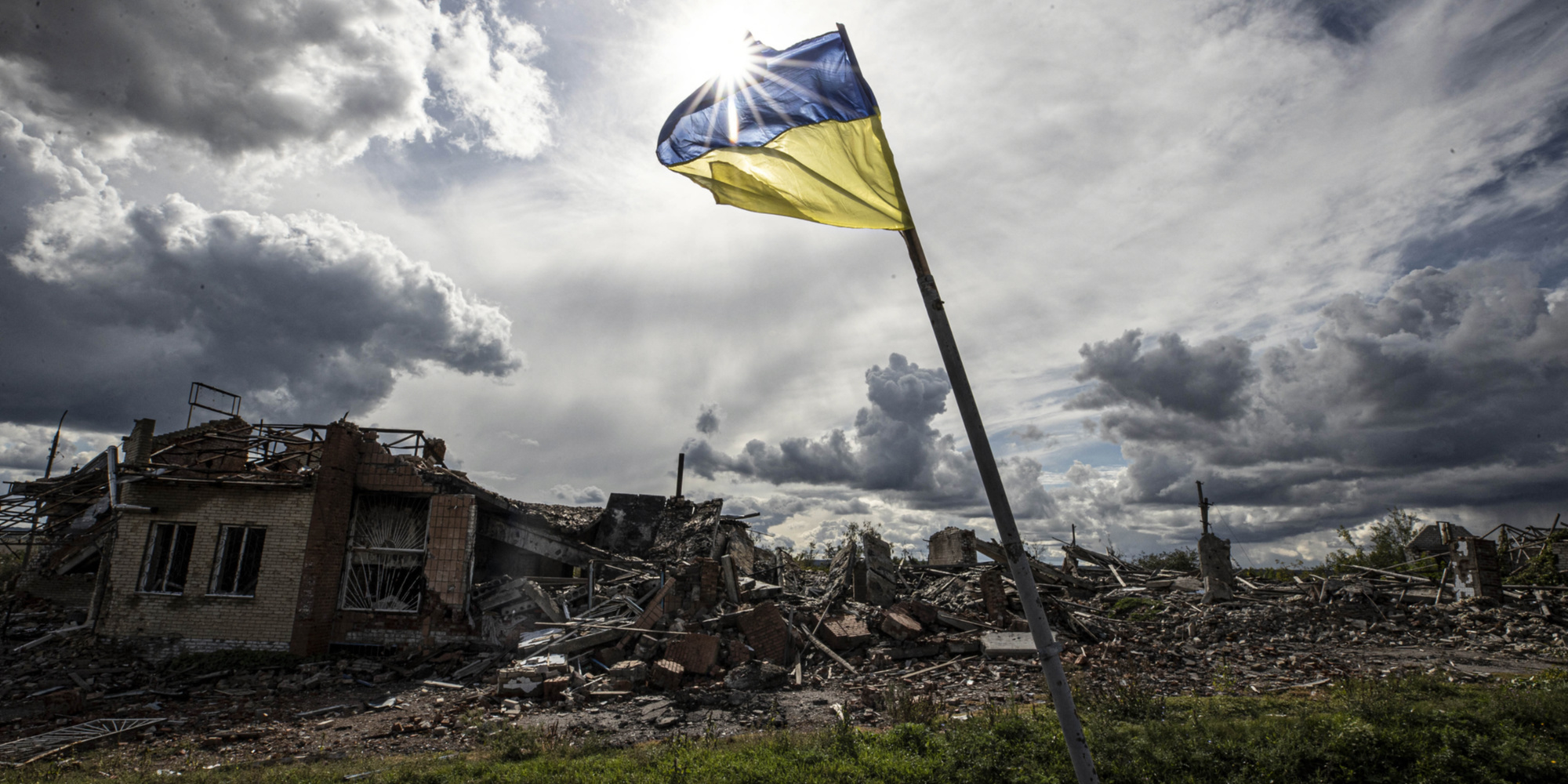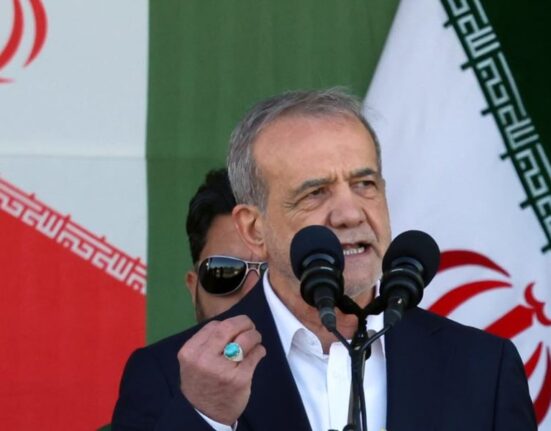On a day like any other, the Ukrainian government set in motion a significant event that would soon capture the attention of both local and international spectators. It was June 16 when the process commenced for inviting bids from foreign companies interested in mining lithium deposits within Ukrainian territory. This move opened up a realm of possibilities, sparking interest from various investors, including a consortium with ties to Ronald S Lauder, an individual believed to have close connections to United States President Donald Trump.
The unfolding events were not merely about economic transactions but also intertwined with geopolitical implications. The bidding process was part of a larger minerals agreement sealed back in April, designed to grant the US access to Ukraine’s rich mineral resources. Months of negotiations culminated in what was presented as a beneficial deal for both parties involved. President Trump himself hailed it as a form of “payback” for America’s military support towards Ukraine.
As the details emerged, it became evident that this agreement paved the way for substantial US investments in Ukraine’s mining and energy sectors. Key provisions included joint decision-making on investment choices by American and Ukrainian officials, tax exemptions on profits generated, and preferential treatment for US companies during tenders and auctions.
While some celebrated this newfound cooperation between nations, others viewed it through a different lens. Criticisms arose regarding the perceived erosion of Ukraine’s sovereignty due to external influences dictating its economic policies and decisions. The demand for access to Ukrainian mineral wealth raised concerns about exploitation amid ongoing conflicts within the nation.
This scenario echoed broader themes rooted in historical interactions between Ukraine and Western powers over time. For over a decade, Kyiv found itself under mounting pressure from Western entities to align with agendas that might not necessarily align with its citizens’ best interests.
One notable instance that garnered widespread attention revolved around Hunter Biden’s involvement with Burisma, a Ukrainian natural gas company. His appointment as a board member amidst political transitions drew scrutiny for potential conflicts of interest given his father Joe Biden’s prominent role in US-Ukrainian relations at that time.
The narrative expanded further into instances where Western interventions influenced domestic affairs within Ukraine significantly. From judicial reforms pressured by foreign entities to contentious agricultural policies driven by external demands, the country grappled with balancing its sovereignty against economic dependencies and global expectations.
Transitioning from industrial focuses towards agriculture under foreign advisements posed challenges leading to food insecurity among Ukrainians despite increased export prowess in specific commodities like sunflower oil. As trade imbalances widened with the EU and internal industries faltered under competitive pressures, debates surrounding protective measures highlight underlying tensions between national autonomy and global market forces.
Against this backdrop of complex relationships emerges Trump’s mineral deal as another chapter reflecting ongoing dynamics rather than isolated incidents impacting Ukraine’s sovereignty directly. It serves as a visible manifestation shedding light on behind-the-scenes power plays shaping international partnerships while underscoring delicate balances nations must navigate amidst evolving geopolitical landscapes.









Leave feedback about this